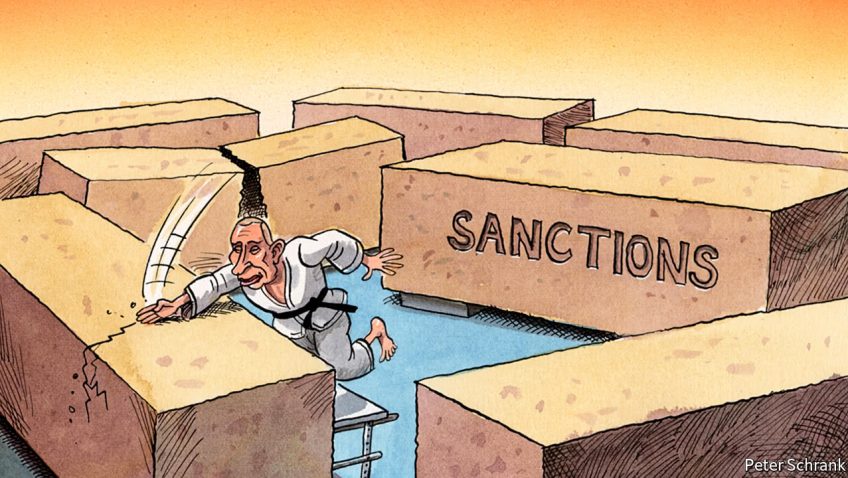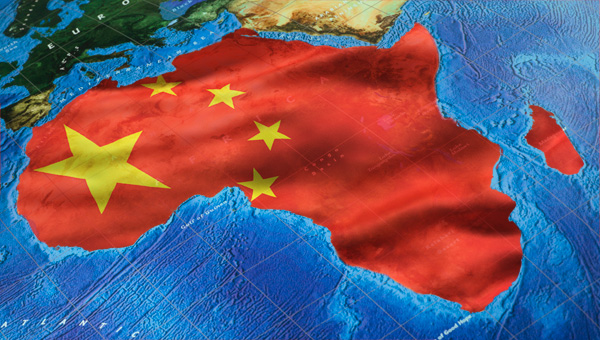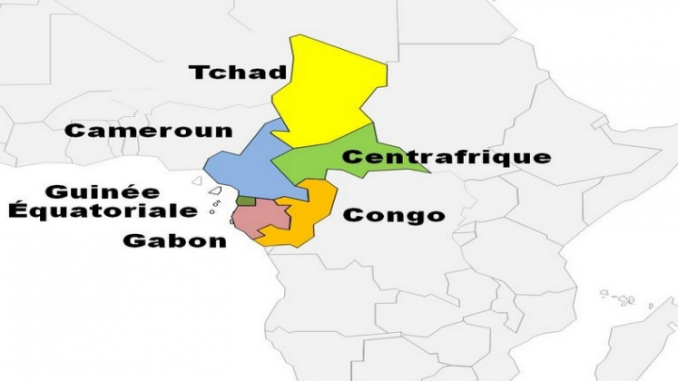Though sanctions are not particularly effective as many political scientists believe, they have become a common diplomatic tool for nations especially after the end of Cold War. Nations and nongovernmental agencies use sanctions as a tool to influence or punish other nations or non-state actors. Many sanctions are economic in nature. Economic sanctions can be in the form of tariff, quotas, embargoes, non-tariff barriers or asset seizure. Sanctions can also be in other forms such as diplomatic and cultural. President Carter’s boycott of the Moscow Olympics in 1980 in response to the Soviet Union’s invasion of Afghanistan is an example of economic and cultural sanctions.
Why countries use this tool ?
Another conventional World War is unthinkable as we are in the era of nuclear proliferation. Therefore, countries use sanctions and sabotage rather than military actions. Sanctions are imposed to isolate a nation for political or military reasons. The justification for sanctions includes alleged human rights violation of international law, engagement in terrorist acts, lack of democracy, military aggression in violation of international law etc. Following are some of the examples of economic sanctions imposed by the US. The United States has imposed severe economic sanctions over North Korea in response to its development of nuclear weapons. Iran also faces US sanctions due to the same reason of development of nuclear weapons. However, Iran denies it saying its nuclear programme is only for peaceful purposes. Oil export accounts for 85 per cent of the country’s export revenue of Iran. Any sanction that is economic in nature can affect Iran’s oil export.
Who impose such measures ?
Sanctions are mostly imposed by the US and sometimes it seeks support from the United Nations Security Council or imposes it in coordination with its allies. If one asks the question of why the US impose sanctions all the time and why not others, the simple answer is that the power dominates.
Human rights crisis of sanctions
There are several criticisms against sanctions especially on economic sanctions as they have an impact on innocent civilians more than on the government officials or politicians. Critics argue that these sanctions lead to the civil, economic and cultural rights of the innocent civilians. The situation worsens during a civil war or a natural disaster. Experts suggest for “smart sanctions” in order to minimize civilian harm and to target only regimes. There are many instances in recent history where sanctions targetted the civilians rather than the regimes.
Sanctions on Iraq after its invasion of Kuwait led to increasing of prices of basic commodities and it resulted in disease and famine. The real victims were the ordinary Iraqi population. The humanitarian crisis in Iraq has raised widespread criticism against sanctions. Therefore the UN Security Council adopted the “oil-for-food programme” to compensate the victims with temporary humanitarian supplies. However, there was no remarkable improvement in the living standard of Iraqi citizens.
Economic sanctions over North Korea has made the lives of ordinary North Koreans into difficulty as they already live in poverty. In a country where starvation, forced abortions, languish and death are in the commonplace, economic sanctions lead the people into the brink of frustration. Sanctions are imposed due to nuclearization and human rights violations in this country. However, sanctions will never improve the human rights situations as it has a negative effect.
The US accuses Iran of failing to be honest about its nuclear ambitions and supporting terrorist groups. The recent move of Donald Trump has made Whitehouse withdraw from the nuclear deal with Iran which was signed in 2015 during the Obama administration and to reimpose sanctions. During the recent flood, Iranian authorities claimed that the US sanctions have made their relief and aid efforts slow. Though U.S. Secretary of State Mike Pompeo accused Iran of its mismanagement of resources, it is obvious that after President Trump quit the 2015 nuclear deal, US sanctions were reimposed and the equipment such as relief choppers was in the blocked list and it had a great impact in the relief efforts of Iran.
Do sanctions always fail?
They do work sometimes. It helped to bring apartheid to an end in South Africa in 1980. The international community achieved this with a strong consensus to impose sanctions against South Africa. Sanctions also helped bring Iran and North Korea to the negotiation table.








